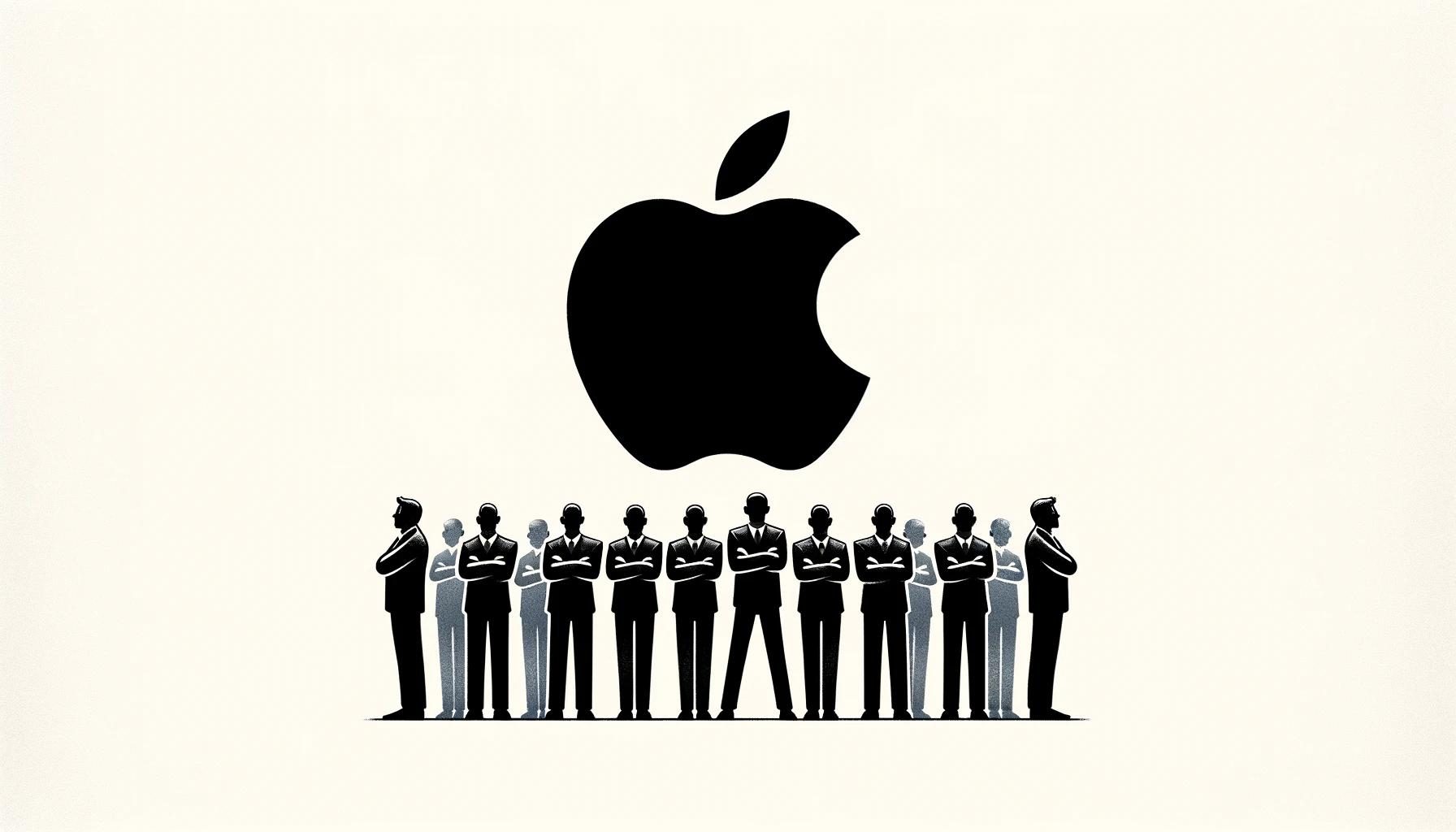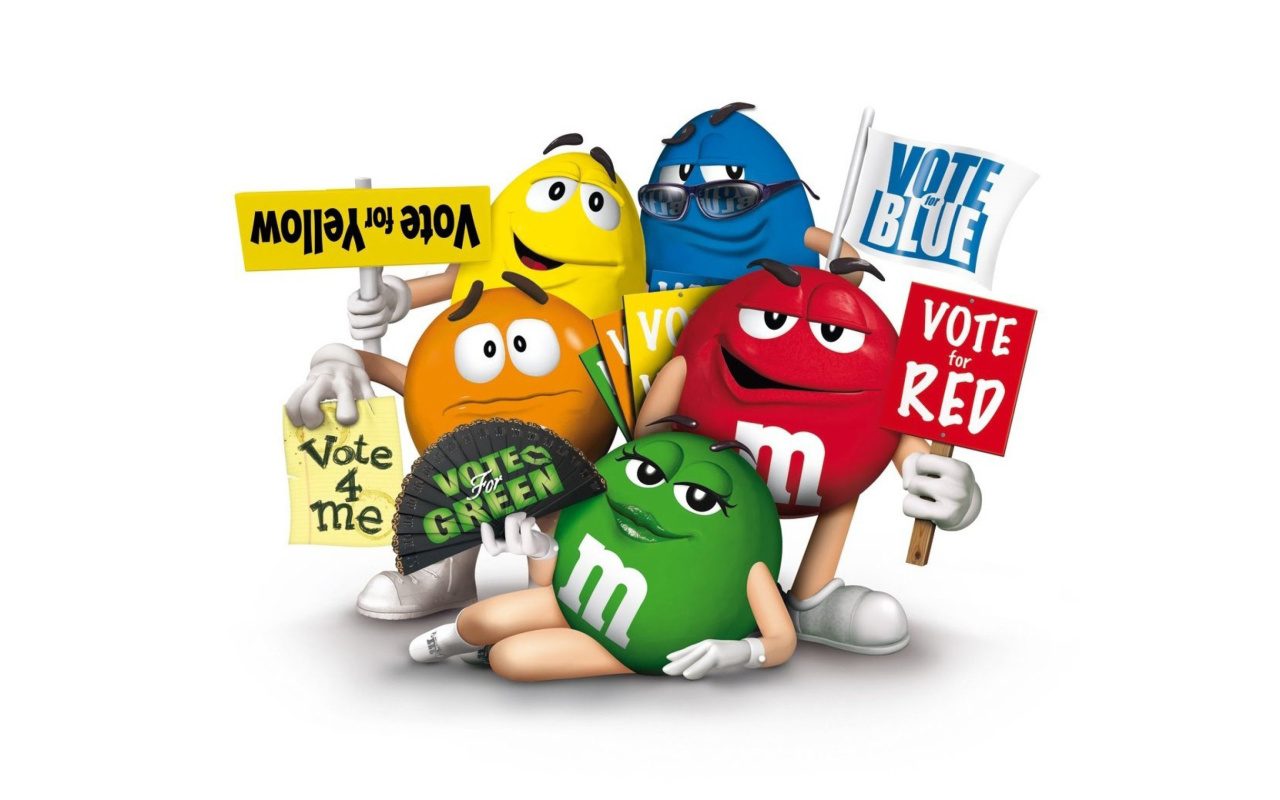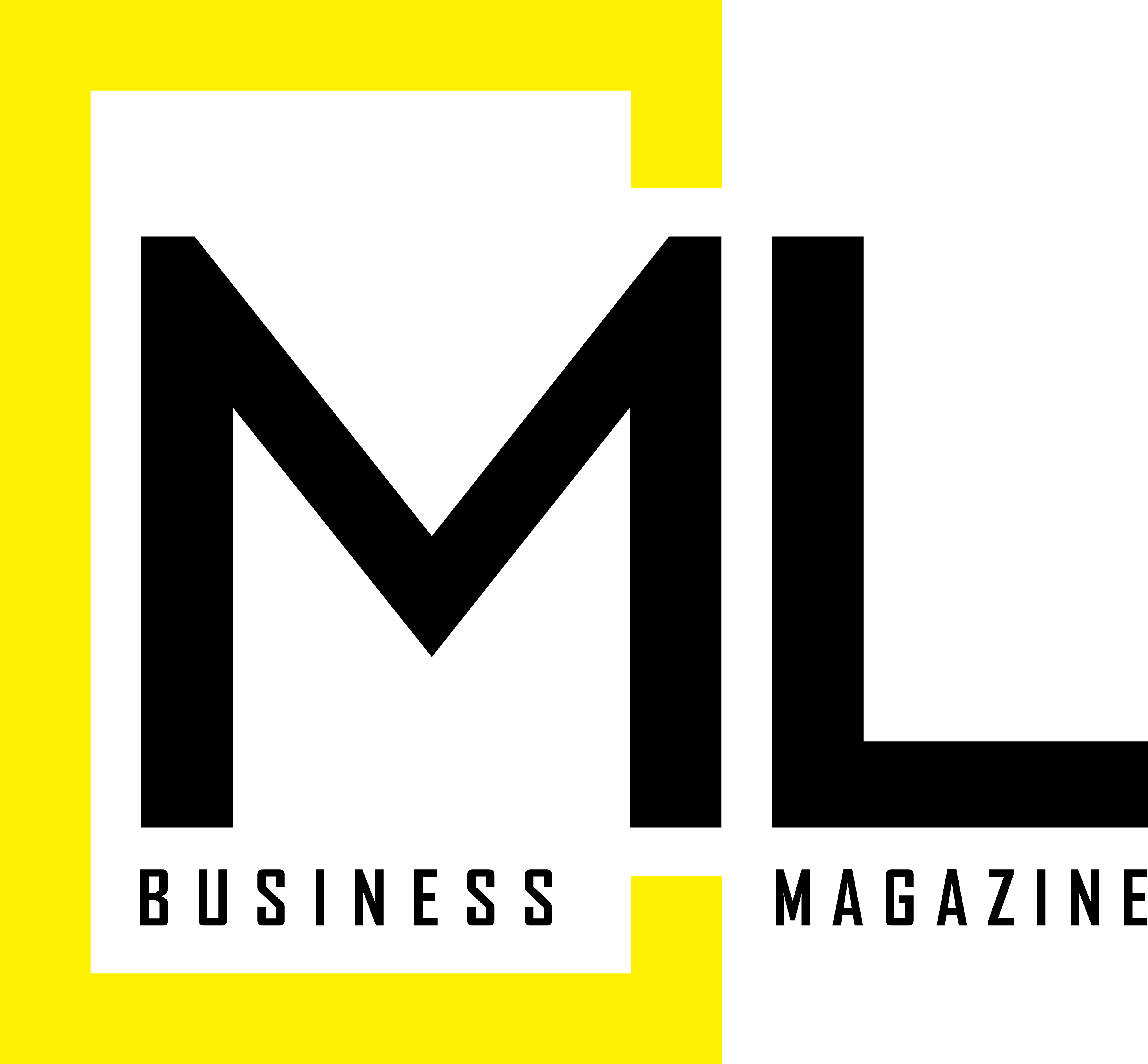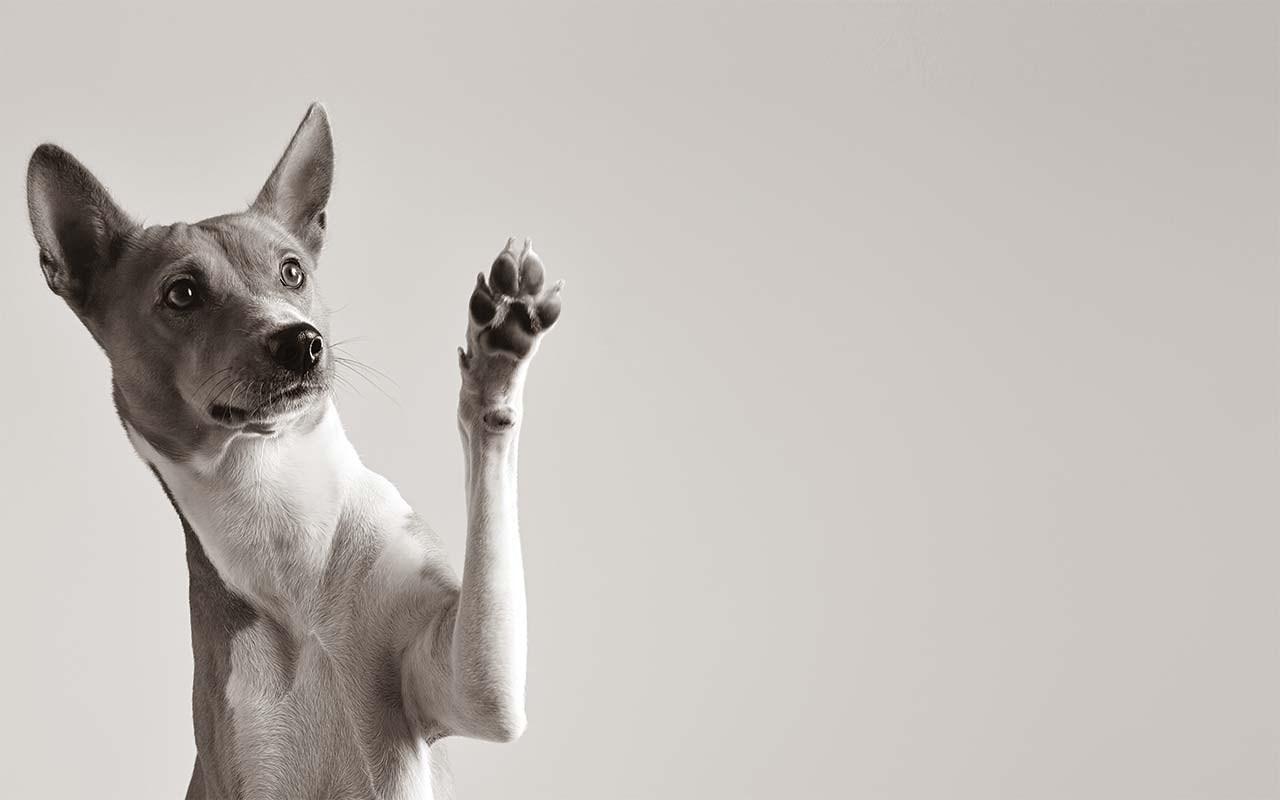Why bloggers clone their pets and who makes money on it
Animal cloning is no longer a miracle of science, but a business. Anyone who has $35,000 and a strong desire to get an exact copy of their pet can use the service: for example, popular bloggers who make money on photos and videos of their dogs or cats.
California blogger Courtney Udvar-Hazy has documented the life of her dog Willow from the moment she got her: followers watched Willow as a puppy, how it grew up, and how it later accompanied her owner everywhere. In 2018, Willow was hit by a car and died while being driven to the vet. Udvar-Hazy turned to Texas-based ViaGen, which cloned singer Barbra Streisand’s dog in 2018. This is how Phoenix appeared. Phoenix is a clone of Willow, as well as five more genetically identical puppies, which the blogger gave to friends. Courtney continues to blog @wander_with_willow to this day. Followers often reacted aggressively: they called her dogs «zombies» and her «crazy rich girl».
Phoenix’s case isn’t unique: In 2019, the dog blog team, with 500,000 followers @tinkerbellthedog, reported that the animal’s DNA was being stored for further cloning. Account owner @ipartywithbrucewayne, with 55,000 followers, shows off as many as four cloned Chihuahuas, appearing next to the «original version», Bruce, in some posts. Smaller influencers such as @clash_of_the_clones, @the_peanut_clones and @baxter_the_clone openly declare in their blog titles that the dogs on display are genetic copies. All these animals were cloned by ViaGen. Account manager at ViaGen, Melaine Rodriguez, claims that anyone can now clone their pet.
Rodriguez recalls once asking the audience at a petfluencers conference (influencers whose posts are about their pets), «If your pet was your livelihood, what do you do when it dies?» The question «opened their eyes», she said, and helped the company find several new customers.
Eccentric Billionaire and Dolly the Sheep
ViaGen was founded by Dr. John Sperling, an eccentric billionaire who made his fortune in his 50s through the for-profit University of Phoenix he created. In addition to innovative approaches to education, Sperling was interested in topics such as life extension, ecology and cloning – it was in these areas that he invested his earned money. One of Spurling’s investment projects in 1998 (two years after Dolly the sheep was cloned) was the Missyplicity Project, which was set up to clone a single dog named Missy. Sperling allocated $3.7 million for research in this area. In 2002, Missy died (viable clones of her appeared only in 2008), the same year ViaGen was created.
Sperling put together a team for the project, acquired the patents and all the necessary intellectual property, on the basis of which the team is still working. Among the people hired by Sperling was Blake Russell, whose task at the new company was to make the newly emerging technology attractive and marketable.
It is Blake Russell who now leads the company. ViaGen’s CEO lives on a farm in Texas where ViaGen raises horse clones. ViaGen began commercial cloning in 2003 with horses and livestock.
In 2016, Blake Russell and an unnamed partner bought ViaGen and obtained a license to clone horses, goats, cats and protected species. ViaGen now includes ViaGen Livestock, ViaGen Equine and ViaGen Pets, which clone livestock, horses and pets (dogs and cats).
After successfully cloning Dolly the sheep, company founder John Spurling had the idea to create a commercial enterprise that would use this technology and make money from it. That’s how ViaGen was born – it all started with Dolly the sheep.
Meaning of cloned life
ViaGen now employs 28 people, according to PitchBook, with employees in Texas, New York, Georgia and Canada. In 2020, ViaGen employees cloned the Przewalski horse for the San Diego Zoo, and in 2021, the endangered black-footed ferret was cloned by the US Fish and Wildlife Service. The genetic material for both horse and ferret clones was taken over 40 years ago. «It’s amazing,» says Russell, «we are cloning animals whose genes have been preserved even before cloning was perceived as something really feasible».
At the dawn of the company, cloning technology was mainly used to obtain the most identical twins of genetically valuable horses and bulls.
The company’s first customers were people who benefited directly from cloning, horse and cattle breeders.
Cloning helps to take a unique animal, «one in a million», and make it so that there are «two in a million or more».
No cloning company can «resurrect» your pet, but they can create a very similar-looking puppy or kitten. In general, the clone and the original animal are similar (and different) like identical twins.
Most of ViaGen’s clients now are pet owners, many of whom are bloggers. The horse cloning service is mainly used by horse breeders and participants in sports competitions, such as polo players.
How it works
All stages of cloning are the same for all animals. First of all, the animal is shown to the veterinarian so that he identifies the species and takes a biopsy. Customers who are not located in the US can take the biopsy kit provided by ViaGen and perform the procedure themselves, or ask a veterinarian in their area for this service.
The piece of tissue thus obtained is placed in a solution that is sent to the cell culture laboratory located at ViaGen in Texas.
Once tissue samples are received, ViaGen processes them, analyzes them, and cultures new cells to make sure they are healthy and productive. After that, the resulting cells are frozen using cryopreservation and placed in storage in one of the laboratories, one’s own or a partner’s.
Putting the genetic material into storage costs $1,600, plus $150 per year for storage. This is a stand-alone service, but when and if the client decides to clone their animal, this payment will be credited towards the total cost of cloning. Cloning of horses costs $85,000, dogs – $50,000, cats – $35,000. The deposit is fully refundable if ViaGen Pets cannot provide a healthy, genetically verified cloned puppy, kitten, or foal that has passed a veterinary examination.
The embryos obtained at the next stage of the procedure are transferred to surrogate females of the corresponding animals. The use of surrogate mothers is one of the reasons companies like ViaGen have come under fire. Animal advocates believe that surrogate mothers suffer in this process, and the animals themselves, which are cloned, depreciate into objects of property that can be replaced.
A newborn foal usually stays with a surrogate mother for six months, while puppies and kittens stay for two months. After that, customers either come to pick them up themselves, or an employee of the company delivers animals to customers anywhere in the world (USA, Europe, Asia or Russia) for an additional fee, which is set individually.
Ethics
Petfluencers who openly tell their followers that their new pets are clones often face backlash from followers. Some write that «there is something of a dystopia in this», others condemn them for spending such a large amount in this way. Kelly Anderson, who blogs about her cat and dog, told CNBC that when her cat Chai died, she immediately lost 20,000 followers. Now she has an identical copy of that cat, and she is «back in business».
Scientists and animal rights activists have long been discussing the ethics of animal cloning: whether a person has the right to create copies of living creatures in this way. When Hwang created the world’s first clone of a dog in 2005, the magazine proclaimed it «the main invention of the year», no one discussed that it took more than 100 surrogate mothers and more than 1000 embryos. Snappy was the first to survive. Critics argue that pet cloning is ineffective and inhumane.
Blake Russell, CEO of ViaGen, insists that surrogate mothers are treated with the utmost care, and the company is regularly inspected by USDA representatives (because the company works under its permission) to make sure the animals are treated well.
Regarding the negative feedback from followers, ViaGen account manager Melaine Rodriguez offers a solution: «The world doesn’t have to know that you cloned your pet. People may not notice it at all, especially if the clone is exactly like the original». This approach, however, is contrary to the interests of her company – after all, mentions by popular bloggers provide ViaGen with advertising and recognition.








Comments